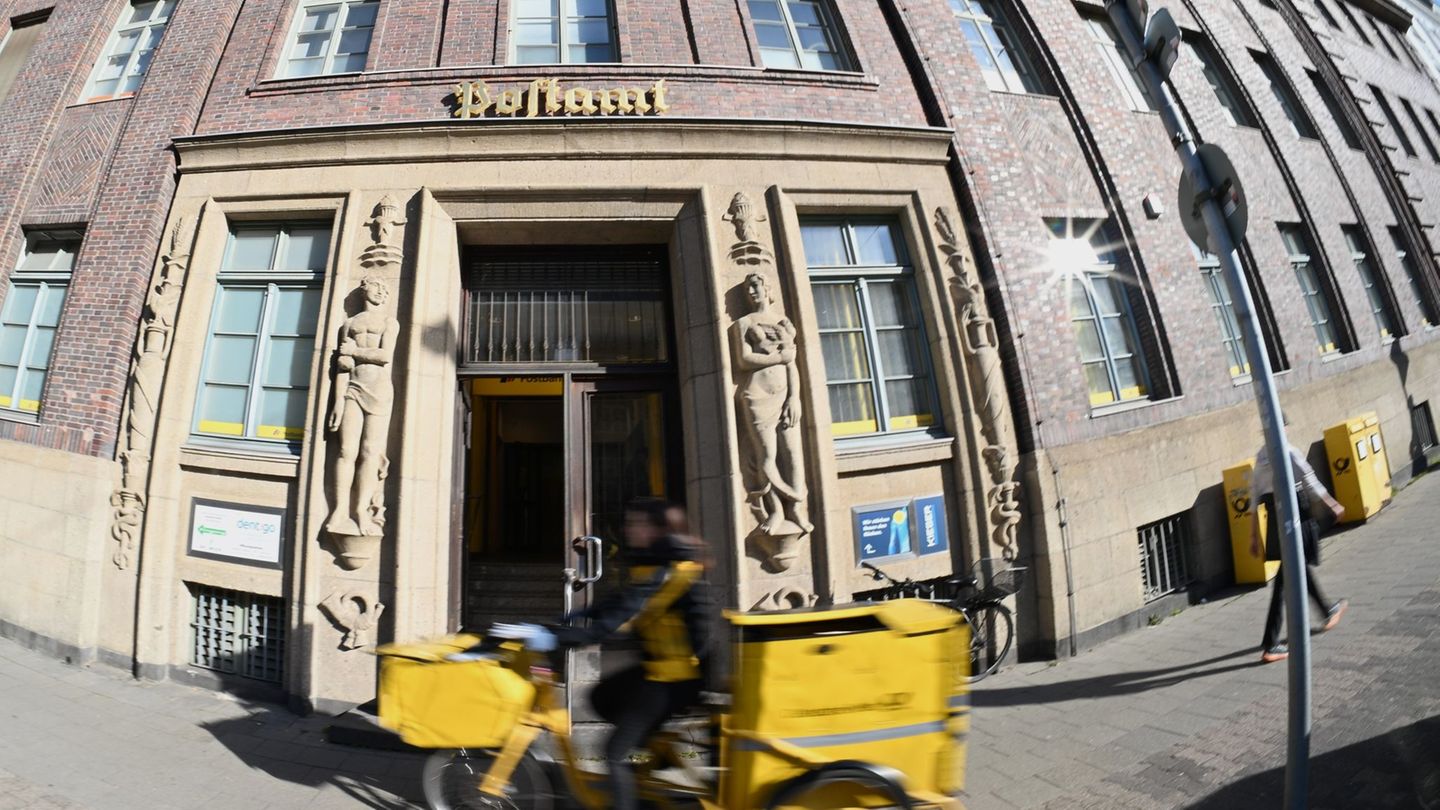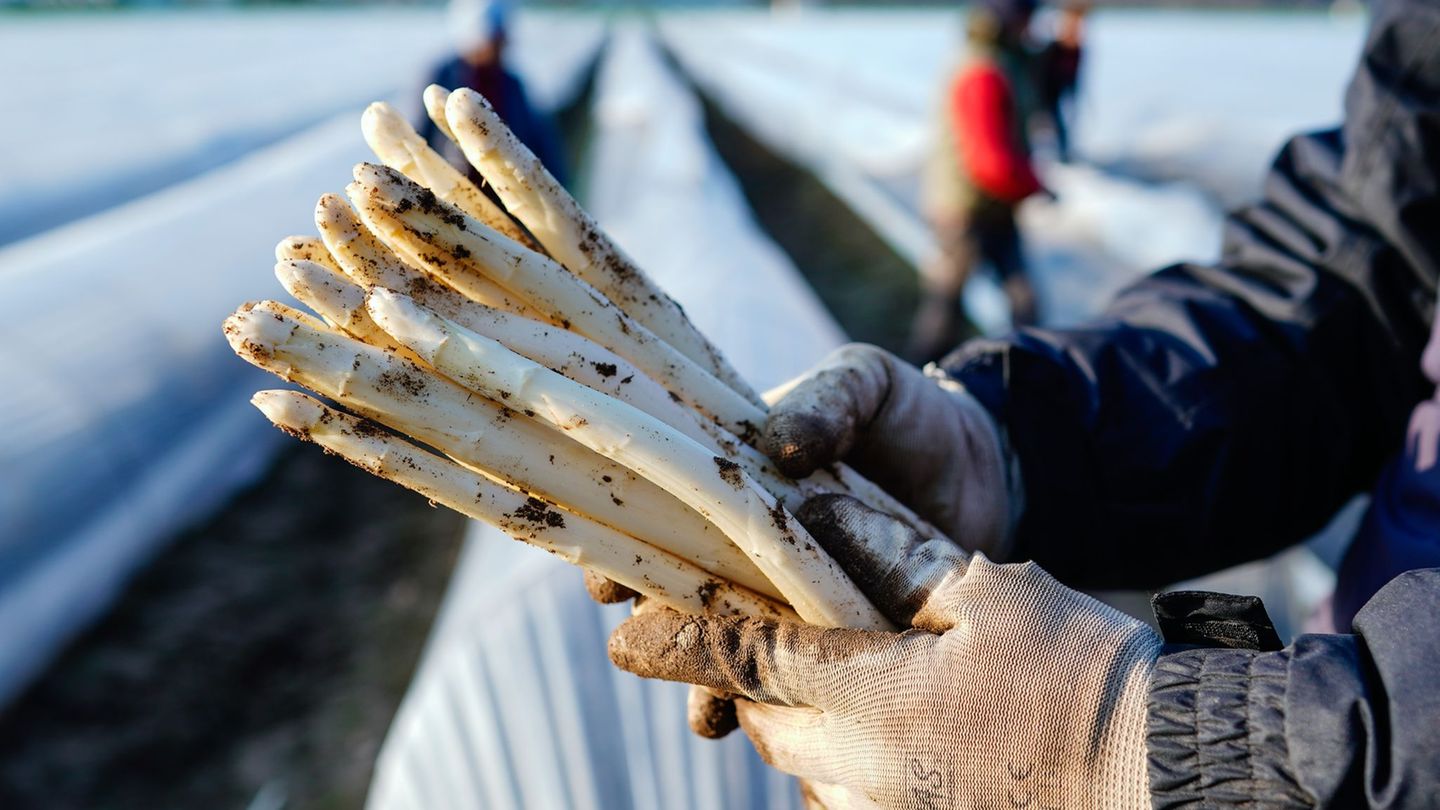Martin Polaschek
With the legal historian Martin Polaschek, after Heinz Faßmann, another professor moves into the Minoritenplatz as Minister of Education. Like Faßmann, the rector of the University of Graz comes directly from university management. The well-connected law scholar was Vice Rector for 16 years, and in 2019 he finally made it to the top of the university on the second attempt. Graz / Vienna. Polaschek made a career as a Uni-Insider in Graz, only short research stays took him away from there. In 2000 he completed his habilitation at the University of Graz and was appointed associate professor at the Institute for Austrian Legal History and European Legal Development. From a purely technical point of view, he belongs to the so-called academic mid-level faculty – he was denied an appointment to a full professorship. His main interests are contemporary legal history and federalism and local government research, and he has been President of the Post-War Justice Research Center since 2006. From 2003 to 2019 he was also Vice-Rector for Studies and Teaching and as Director of Studies, responsible for the concerns of the more than 30,000 students.
In pursuing his career goals, Polaschek, who was born in Bruck / Mur in 1965, was determined: after losing to Christa Neuper in the rector election in 2011, he made it to the top in 2019. Until then, Polaschek, who lives in Graz with his wife and their two children who were brought into the marriage, was not considered to be clearly party-political. For this, pioneers attest him a great willingness to dialogue and compromise, which he will probably be able to use in the controversial dealings with schools during the pandemic. For the Styrian Governor Hermann Schützenhöfer (ÖVP), he fulfills all the requirements “to lead the key area of education and science well in these challenging times”.
In terms of fashion, Polaschek sometimes likes things extravagant, from long hair – rarely seen in male university management staff – to frock coats. He probably doesn’t have any problems with activism either. The photo in which Polaschek and the then rectors of the Technical University of Graz and the Montanuni Leoben drew attention to their financial concerns with empty pockets pulled out is cult. In earlier years the visual arts were also one of his passions, now the passionate cyclist prefers to read a book in what has been little free time.
Claudia Plakolm
Head of the Young ÖVP, surprisingly State Secretary. You know that from where. But if you take a closer look, Claudia Plakolm is a different type than Sebastian Kurz. The affable Upper Austrian comes from a political family, is not afraid of using dialect at all and whether she will one day be drawn to the Federal Chancellery is still in the stars. Vienna. The 26-year-old has been considered a talent for some time. She was the state school spokesperson for the AHS in Upper Austria, as well as the state chairwoman of the Union of Higher Students, and she became a councilor in her home town of Walding at the age of 20. So she was already politically routine when she became the youngest member of the National Council in 2017 at the age of 22. Two years later, Plakolm was already in second place on the state list behind club boss August Wöginger.
The next career step was the Obfrauschaft in the youth organization of the People’s Party, whose Upper Austrian part she headed before. The assumption of office was, of course, an unusual one. The new boss could only watch her freestyle from a distance, as she got into corona quarantine at the stupidest time.
Plakolm comes from a rural and political environment. Her family runs a small farm in the Mühlviertel, her father is the mayor of Walding. She is studying business education herself. Playing the trombone is one of her hobbies.
Plakolm has a few sides, at least in terms of fashion. While she appeared in a dirndl for her swearing-in in the National Council, she said some time ago in the “Volksblatt” when asked about a dream that still had to be realized: “Walking through San Francisco in torn jeans.”
That could be more difficult in the new task in the Chancellery. It can be assumed that Plakolm will primarily look after the youth agendas. Because she was already a youth spokesperson in the National Council. In any case, a first step into the Chancellery has already been taken on Friday.
About the person: Claudia Plakolm, born on December 10th, 1994. Member of the National Council since 2017. Chairwoman of the Young ÖVP from 2021. Now State Secretary-designate in the Chancellery.
Gerhard Karner
Gerhard Karner is back in Herrengasse. 18 years after leaving the Ministry of the Interior, where he had steered Ernst Strasser’s press agenda with a strict hand, the Lower Austrian returns to take over the department himself. In between, the native milker has had a wonderful career in his home group. Most recently Karner was the second president of the state parliament. Vienna. Such a post is actually more of one for the end of a political career, not so with the ambitious Karner. At 54 he is also of a good age for a task that is traditionally not that easy.
This will apply even more to Karner. Because hardly anyone stands so much for the Lower Austrian ÖVP as the former security spokesman for the state party and that is traditionally not exactly undisputed in the interior department, especially in terms of political opposition. Ernst Strasser still has the image of the color changer and Karner was one of his executing hands. He had already trained with him as a press officer in Lower Austria.
The new interior minister also took a rather rough approach in his parade role as regional manager of the Lower Austrian ÖVP. But the success proved Karner, if you will, right. For twelve years he directed the fortunes of Erwin Pröll and together we could celebrate one or the other nice election success.
In addition, Karner sat in the state parliament without a break since 2003 and became more and more involved in local politics. After 20 years on the municipal council, the business administration graduate has been mayor of the deep black Mostviertel municipality of Texingtal since 2015.
Which notes Karner will strike in the future is by no means unexciting. From his time in the state management, one is more used to brute rhetoric. But perhaps the representative job of the President of the State Parliament has meanwhile brought a softer side to Karner to the fore. After all, the “press” once quoted him as saying: “I’m nice.”
About the person: Gerhard Karner, born on November 13, 1967, studied business administration. 2000 to 2003 press spokesman for Interior Minister Ernst Strasser (ÖVP), 2003-2015 regional manager of the Lower Austrian ÖVP, since 2003 member of the state parliament, from 2015 second president of the state parliament, since 2015 mayor of Texingtal.
Magnus Brunner
Magnus Brunner is not overly well known, even though he has been State Secretary in the Ministry of Infrastructure for almost two years and is President of the Austrian Tennis Association. This is going to change. The sociable Vorarlberger succeeds Gernot Blümels as master of Austrian finances. Vienna. The native Höchst, who presides over the Bregenz ÖVP, has often been predicted to have a great career. Brunner, who was once the office manager and press spokesman for Governor Herbert Sausgruber (ÖVP), has been named for pretty much every Vorarlberg personnel in recent years. But either he did not want to or it turned out differently, until he followed the call to the infrastructure department at the request of Governor Markus Wallner (ÖVP).
The fact that the 49-year-old was regarded as the People’s Party’s reserve staff is not so surprising when you know him. The future finance minister is eloquent, has a sense of humor and is firm in his cause. Had he come from a larger national organization, he would probably have moved up in terms of career technology earlier.
He did it in the economy and only played on politics incidentally, for example with a long-term mandate in the moderately prestigious Federal Council. After a stint in the Wirtschaftsbund, Brunner switched to the energy sector, namely to the Vorarlberg energy supplier Illwerke / VKW. From 2007 he was a board member of OeMAG Abwicklungsstelle für Ökostrom AG, which made him the ideal addition for Leonore Gewessler (Greens) in the infrastructure department.
The head of department didn’t give him too much space, just air traffic and shipping was given to him by the minister as a separate area. In terms of content, he then concentrated on faster processing of EIA procedures. There was friction with Gewessler, but it was more limited than one might expect in the constellation of a turquoise-green connection in the environmental sector.
Brunner is now much more in the spotlight. You can trust him to do the job, all the more since the Vorarlberg regional group traditionally places a special focus on finances, all the more so is his former teacher Sausgruber. The goal of solid budgets should therefore be in good hands with a married father of three. Perhaps there could even be a new financial equalization in it again. Because almost every finance minister preferred to postpone the reallocation of the tax funds between the regional authorities to the never-ending day.
Personal details: Magnus Brunner, born on May 6, 1972 in Höchst (Bregenz district), married, three children. Office manager of Governor Herbert Sausgruber from 1999 to 2002, political director at the Austrian Economic Association (2002-2005). Head of corporate development, communication and strategic development at Illwerke / VKW (2006), since January 2007 board member of OeMAG processing agency for Ökostrom AG. Member of the Federal Council since May 1, 2009. From January 2020 State Secretary in the Ministry of Infrastructure.
Source: Nachrichten




